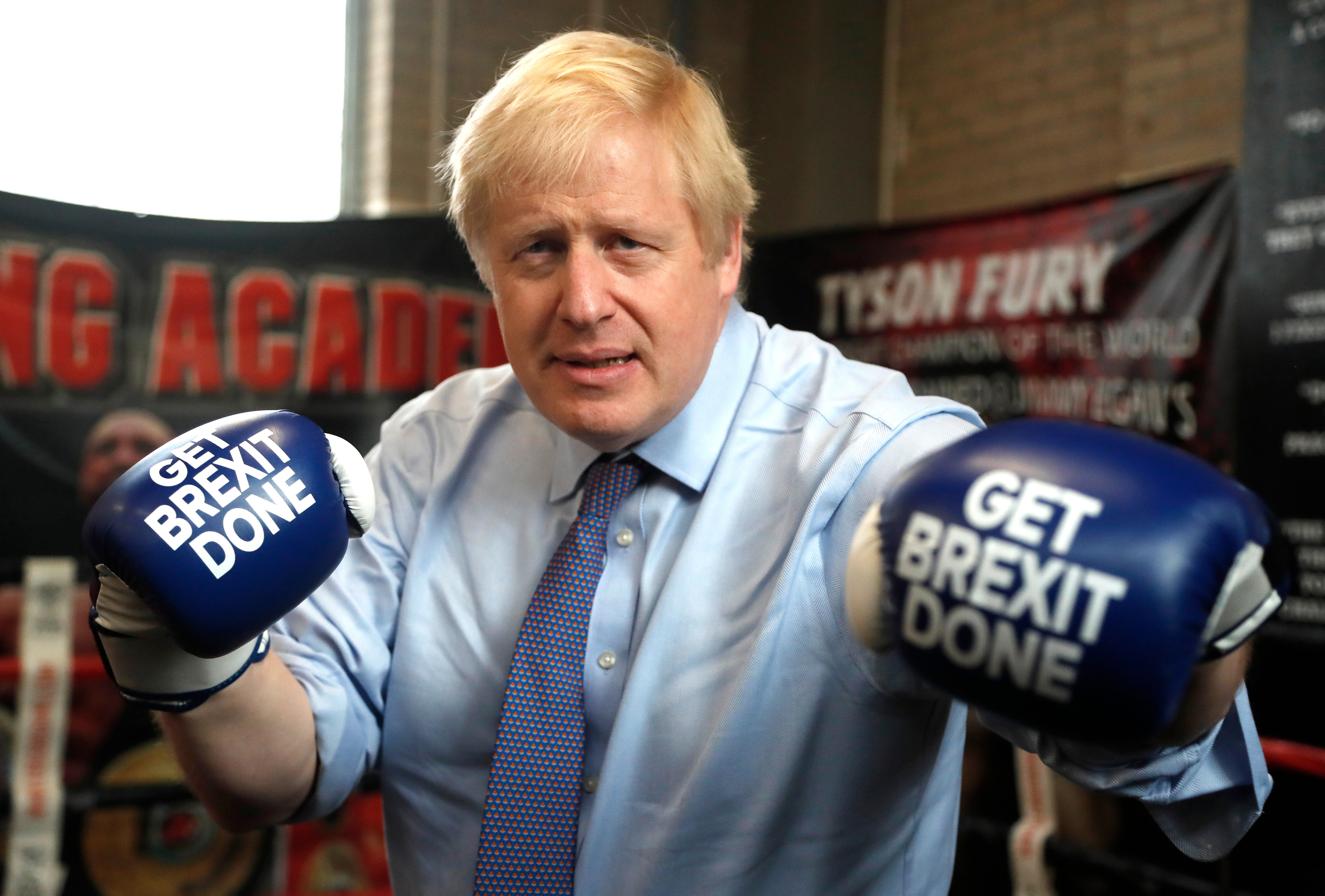Why Brexit is missing from this election campaign
Keir Starmer could be bolder on Britain’s links to Europe but he doesn’t dare, says Sean O’Grady


Anyone remember Brexit? It’s not so long ago when it dominated the national debate. Indeed, the 2019 general election, admittedly something that now feels an age ago, was all about Britain’s breakup with the European Union, a kind of final chapter of the 2016 referendum saga.
Sheer emotional exhaustion after years of bitter fighting led many to vote for Boris Johnson and the Conservatives to “Get Brexit Done”. Voters wanted an end to the civil war, and some saw “closure” as even more important than the form it took. But the baleful effects of Brexit, and limited evidence of “unleashed potential” providing benefits for the British people, form a quiet backdrop to many of the debates over the cost of living crisis, the state of public services, scope for tax cuts, and stronger defences. On balance, Brexit has damaged the economy, yet no one is talking about it…
Is there a conspiracy of silence about Brexit?
Between the main parties, that is certainly the case. For different reasons, neither wants to revive the issue, simply because it would divide their own party and indeed the electorate, with unpredictable results. So it is not much mentioned, though the arguments within the Tory party about the European Convention on Human Rights (nothing to do with the EU) are a kind of proxy.
But isn’t Brexit unpopular now?
Yes and no. It’s always wise to remember that the result of the 2016 EU referendum was clear enough, but also fairly close at 52 per cent to 48 per cent. And Scotland and Northern Ireland voted to remain, as did London and the bigger conurbations. So despite the ubiquitous phrase “the will of the people”, the British population was fairly evenly split, a factor that explains much of the subsequent trouble.
Today, polls indicate a conundrum. Most suggest that people would rather we hadn’t voted to Leave in 2016, but not an overwhelming desire to rejoin. About a third of Britons think leaving was right, a little over half (55 per cent) now think it was wrong, with 10 per cent saying “don’t know”. If we could put the clock back and somehow return to the EU on the relatively benign terms prevailing in 2016, that would be acceptable to most (albeit not a sizeable minority). But people also know that re-entry would reopen old wounds (not to mention requiring another referendum) and nobody can bear the thought of going through all that again.
Support for rejoining the EU at 49 per cent is currently higher than support for staying out (35 per cent). But rejoining might mean having to accept a commitment to join the euro single currency, submit to the Court of Justice of the European Union, be part of any EU-wide migrant and refugee policy and contribute to the EU budget, which would even up the debate again.
Could there be an EU compromise?
What does seem to be emerging is support for closer links with the EU that stop short of full membership, including joining the single market. This probably wouldn’t necessitate another referendum. YouGov polling shows that 57 per cent of Britons would now join the EU single market even if that meant the resumption of the free movement of people (a policy which led to millions of families and workers moving to Britain, especially after Eastern European nations such as Poland, Lithuania, Slovakia, and Romania joined the EU in the 2000s).
But again, things would get more controversial if the UK had to pay to rejoin the single market, or be forced to accept the jurisdiction of the European Court in certain matters. On the other hand, it would reduce tensions in Northern Ireland.
Why doesn’t Keir Starmer want to be bolder?
He was a Remainer once, and a powerful advocate for a “final say” on Britain’s terms of exit from the European Union. Indeed, many Conservatives still use that recent record of his to try and suggest that he is a secret Rejoiner who will “betray” Brexit at the first opportunity. So he “ought” to be more vocal…
The reason he is virtually silent is that he has no wish to alienate a still-substantial group of voters who passionately believe in Brexit, nor to upset an even bigger group who’d rather not think about Brexit ever again. It would be a distraction from Labour’s campaign, and basically turn into a bit of a rerun of the 2019 general election. This would be of more use to the Conservatives than Labour, despite the way Brexit has turned out (ie a flop). For now, Labour is committed only to the formal UK-EU review of administrative arrangements due to start next year, to a veterinary “sanitary and phytosanitary” agreement, mutual recognition of conformity assessments and professional qualifications, improved labour mobility arrangements, and some sort of a security pact.
Who do I vote for if I want to rejoin the EU?
The Greens. Of the national parties only they advocate reversing Brexit completely, and in plain terms: “Rejoin and play its [the UK’s] full part in the family of nations that is the European Union, as soon as possible”.
Next to that is the Liberal Democrats who want to rejoin the single market, and Labour’s limited commitments in specific detailed areas.
Aside from them, the SNP, Plaid Cymru and Sinn Fein are also full-on rejoiners. If you want to leave things as they are then it’s the Tories for you, and if you want “more Brexit”, then obviously it’s Nigel Farage and Reform UK. For voters in Northern Ireland the position of the Unionist parties on the EU border issue is hopelessly confusing.






Join our commenting forum
Join thought-provoking conversations, follow other Independent readers and see their replies
Comments